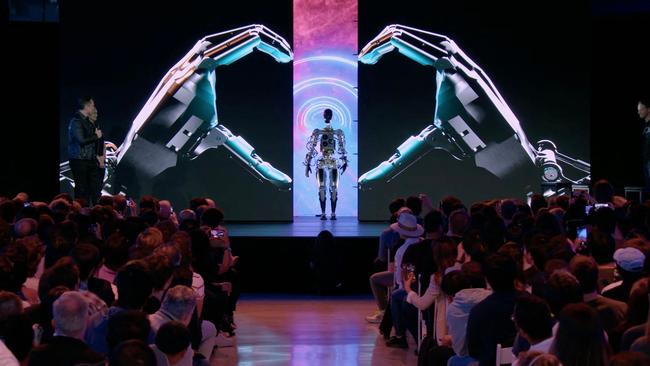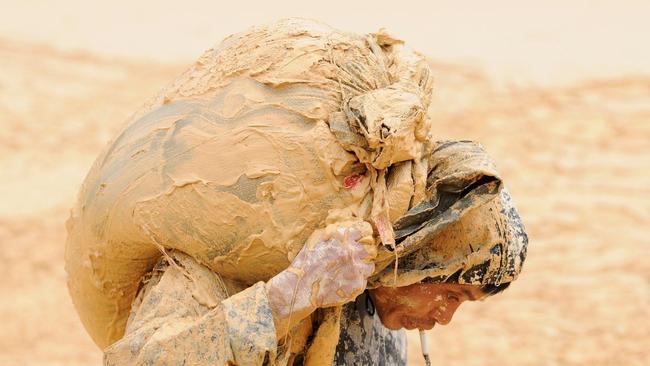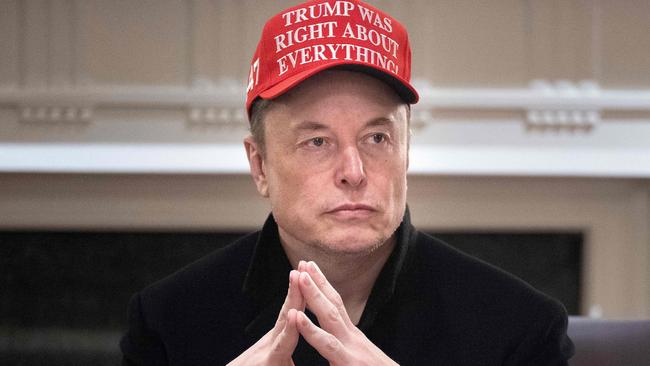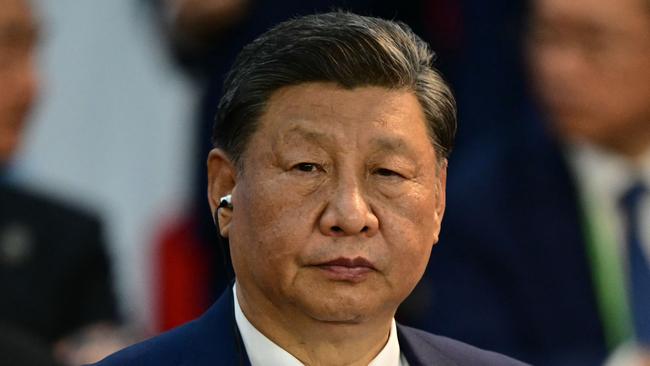Tesla, Musk flag delays over China’s rare earth ban
China’s latest move in the deepening tariff war with the US has taken another casualty in Elon Musk and Tesla shareholders.
Motoring
Don't miss out on the headlines from Motoring. Followed categories will be added to My News.
Tesla chief executive officer Elon Musk has confirmed China’s rare earth export ban is now stalling development of new products.
Musk revealed the restrictions of certain rare earth magnet exports were limiting the company’s access to key materials needed for its Optimus robot during Tesla’s first quarter earnings call on Tuesday.

The problem stems from a Chinese government policy limiting exports of seven key rare earth minerals, including dysprosium and terbium, used for advanced electric motors in electric vehicles, wind turbines, military gear and robotics.
The move was seen as a retaliation to President Donald Trump’s 145 per cent tariff hike on Chinese goods.
The ban requires Chinese exporters to apply for new licences for every shipment, with US-bound goods likely to face lengthy delays.
MORE:Massive car companies stop all US imports

MORE:China hammers another nail in Tesla’s coffin
The reaction by Beijing triggered alarm across the global automotive industry, with experts warning it could cause production shutdowns within months.
More than 90 per cent of the world’s rare earth magnets come from China, which dominates supply chains in the sector.
Global automakers have raced to stockpile materials and secure alternative sources, with most manufacturers stating they only hold two to three months’ worth of stock.
“If we don’t see magnet deliveries to the EU or Japan in that time or at least close to that, then I think we will see genuine problems in the automotive supply chain,” Jan Giese, Tradium metals trader, told the Financial Times.
MORE:‘Pure evil’: New Tesla scandal erupts in US
MORE:Musk’s bombshell announcement, Tesla sinks
Musk is among the first automotive executives to acknowledge the impact.
“The future of the company is fundamentally based upon large scale autonomous cars and large scale, large volume and vast numbers of autonomous humanoid robots,” he said.
“We’re working through that with China. Hopefully, we’ll get a license to use the rare-earth magnets.”
“China wants some assurances that these are not used for military purposes, which obviously they’re not. They’re just going into a humanoid robot.”

However, even if Tesla’s humanoid robot is designed for household duties, its human-like design makes it suitable for a range of tasks, including what Beijing may see as “military applications”.
Given Musk’s close ties to the US government, including active defence contracts through companies like SpaceX and direct dealings with the White House, Beijing may be reluctant to grant him any licenses for critical materials.
The timing couldn’t be worse for Tesla, after a terrible first quarter.
Musk previously said “thousands” of Optimus robots would roll off the line this year, with a target of 1 million units by 2030.

Investors are relying on the technology to help drive Tesla forward, as its EV business struggles, with stock down about 37 per cent year-to-date.
Musk also said that Trump’s tariffs have greatly impacted the company’s energy business.
“The impact of tariffs on the energy business will be outsized since we source LFP (lithium iron phosphate) battery cells from China,” Musk said during the earnings call.
“We’re in the process of commissioning equipment for the local manufacturing of LFP battery cells in the US.”
Originally published as Tesla, Musk flag delays over China’s rare earth ban


